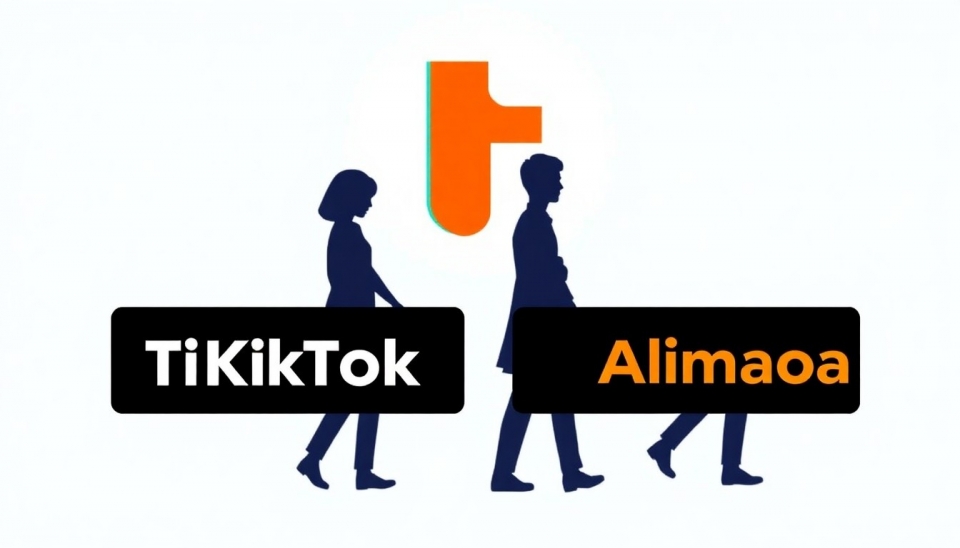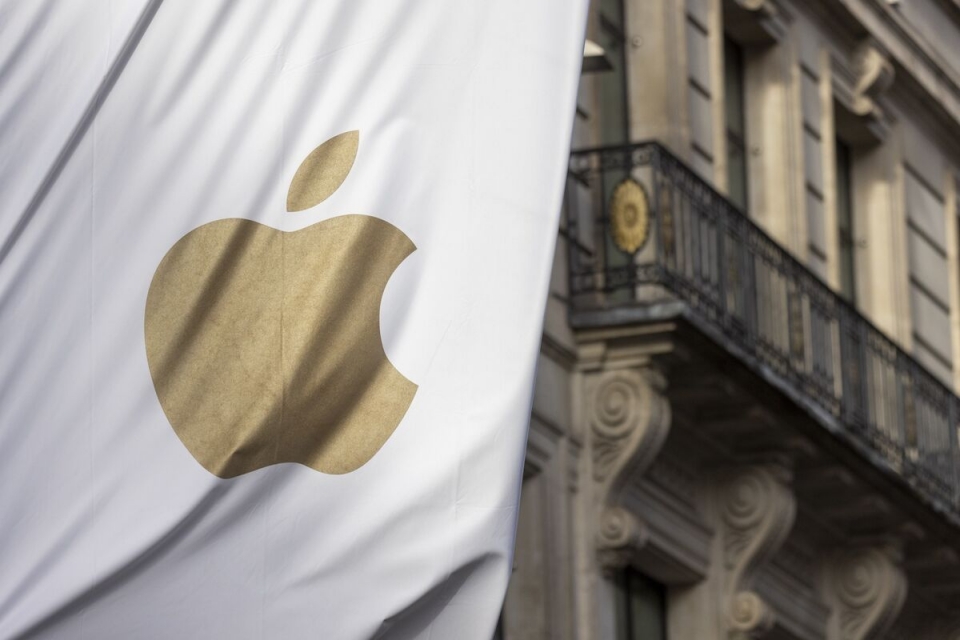
In a significant shift within Indonesia's rapidly evolving e-commerce scene, Bukalapak, a pioneer in the industry, is facing increasing pressure from formidable competitors like TikTok and Alibaba. As the digital marketplace landscape becomes more intense, Bukalapak is compelled to reassess its strategies to withstand the competitive tide.
Following a series of aggressive expansions by TikTok and Alibaba, both companies are leveraging their vast user bases and technological advancements to capture market share in Indonesia. TikTok, which has already established itself as a social media giant, has begun to delve deep into e-commerce, merging entertainment with online shopping, creating an engaging platform for consumers. In 2023, TikTok's introduction of in-app shopping features has significantly disrupted traditional retail models, allowing users to purchase products directly while scrolling through their favorite videos.
On the other hand, Alibaba's robust infrastructure and experience in online retail are also intensifying competition. The Chinese tech behemoth has been investing significantly in the region, fine-tuning its logistics and supply chain systems to enhance consumer experiences. By offering competitive pricing and maintaining a wide array of products, Alibaba is making it increasingly difficult for local players like Bukalapak to retain their foothold in the marketplace.
As TikTok and Alibaba tighten their grip, Bukalapak is exploring various avenues to adapt to the changing landscape. The company has been focusing on enhancing its platform's functionality, optimizing its user interface, and fostering partnerships to compete effectively with its new rivals. Furthermore, Bukalapak's leadership is contemplating potential collaborations or mergers to bolster its market presence and improve operational efficiencies.
Industry experts emphasize that Bukalapak's ability to innovate and respond to shifting consumer preferences will be critical in determining its survival. Customers are now looking for seamless shopping experiences intertwined with social engagement, something that TikTok offers uniquely. Therefore, the necessity for Bukalapak to reinvent its approach is urgent.
Investor sentiment is also pivotal during this transitional phase for Bukalapak. As the company seeks to rise to the challenge posed by TikTok and Alibaba, stakeholders are closely monitoring its business maneuvers. A sustained decline in its market position could lead to diminished investor confidence, affecting its funding and growth prospects.
Ultimately, the e-commerce race in Indonesia represents a microcosm of the broader competitive dynamics in Southeast Asia, where technology companies are vying for supremacy. The outcome of this tussle will likely shape the future of the region's retail sector and influence global e-commerce strategies.
As Bukalapak navigates these turbulent waters, all eyes will be on how effectively it can pivot and redefine its place amidst the giants like TikTok and Alibaba, which are rapidly transforming the e-commerce realm.
#Bukalapak #eCommerce #TikTok #Alibaba #Indonesia #RetailStrategy #TechGiants #BusinessInnovation #MarketCompetition
Author: Liam Carter




